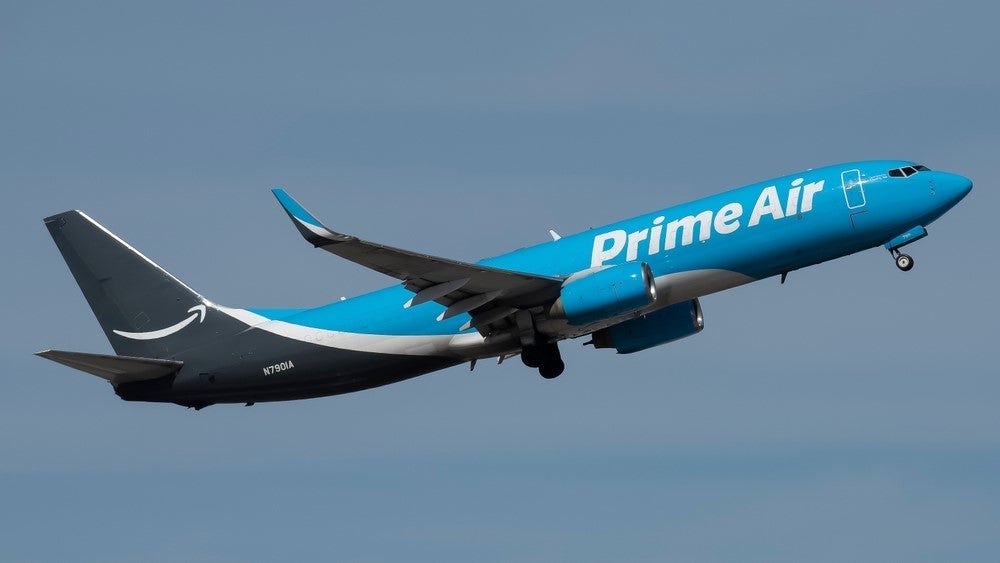Greenhouse gas (GHG) emissions from air freight operators have increased 25% compared to 2019 levels. This is according to a new report by Stand.earth, which attributes the increase to an enduring market change prompted by supply chain shifts during the Covid-19 pandemic.
It noted the US is responsible for more than 40% of air freight emissions, with 50% of the US’ domestic freighter emissions attributable to “the Big Three”: FedEx, UPS and Amazon Air.
These companies are “leading the air freight sector’s race to the bottom”, according to report, which found that FedEx and UPS together comprised 24.7% of the industry’s carbon emissions in 2023, equivalent to 23.17 million metric tons of CO2. As a result, the contributions of “the Big Three” now “present material obstacles to climate progress”.
Considering the reasons behind the growth, the report stated “market distortions originating in Covid-19 pandemic travel restrictions and supply chain disruptions accelerated shipping to the air freight cargo sector. Rather than returning to pre-pandemic levels, air freight has plateaued and, in some cases, is still growing. While FedEx, UPS, and Amazon celebrate a new norm in the shipping industry, their success comes at a dire cost.”
Prior to the pandemic, air freight was primarily reserved for perishable goods and time-sensitive deliveries, which were often shipped on passenger planes; however, as governments restricted travel during the Covid-19 pandemic, international demand for passenger flights declined 75% compared to the year prior.
As a result, freighters and shippers invested in the expansion of cargo-only fleets, which have remained a preferred option for shippers post-pandemic. The report noted that “what many assumed was a pandemic anomaly, however, is actually not only continuing, but in some cases growing.”
It points in particular to Amazon Air, the fastest growing operator in the US, which has doubled its emissions year-over-year between 2019 and 2023, reaching 2.4 million metric tons of CO2.
The report also considered the impact of same-day and next-day delivery promises from e-commerce platforms on GHG emissions. It pointed out that “consumer expectations have shifted in part because of Amazon’s dominance and the popularity of One-Day shipping for members of the company’s flagship Prime programme.”
In 2023, an estimated 180 million US-based Prime members received more than 4 billion items via the company’s one-day shipping option, and the service has put pressure on other e-commerce companies to match the offering.
Looking forward, the report suggested “the Amazon case study demonstrates, a single company can influence consumer habits. By adopting greater transparency on the true costs of air freight shipping, and providing full accounting of their GHG emissions, the Big Three would inform best practices for long-term sustainable business operations in a warming world. Smaller industry players would be encouraged to follow suit.”









